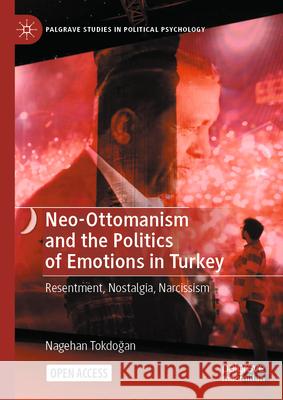Neo-Ottomanism and the Politics of Emotions in Turkey: Resentment, Nostalgia, Narcissism » książka
topmenu
Neo-Ottomanism and the Politics of Emotions in Turkey: Resentment, Nostalgia, Narcissism
ISBN-13: 9783031487224 / Angielski
Neo-Ottomanism and the Politics of Emotions in Turkey: Resentment, Nostalgia, Narcissism
ISBN-13: 9783031487224 / Angielski
cena 201,72
(netto: 192,11 VAT: 5%)
Najniższa cena z 30 dni: 192,74
(netto: 192,11 VAT: 5%)
Najniższa cena z 30 dni: 192,74
Termin realizacji zamówienia:
ok. 22 dni roboczych
Bez gwarancji dostawy przed świętami
ok. 22 dni roboczych
Bez gwarancji dostawy przed świętami
Darmowa dostawa!
Kategorie BISAC:
Wydawca:
Palgrave MacMillan
Seria wydawnicza:
Język:
Angielski
ISBN-13:
9783031487224











